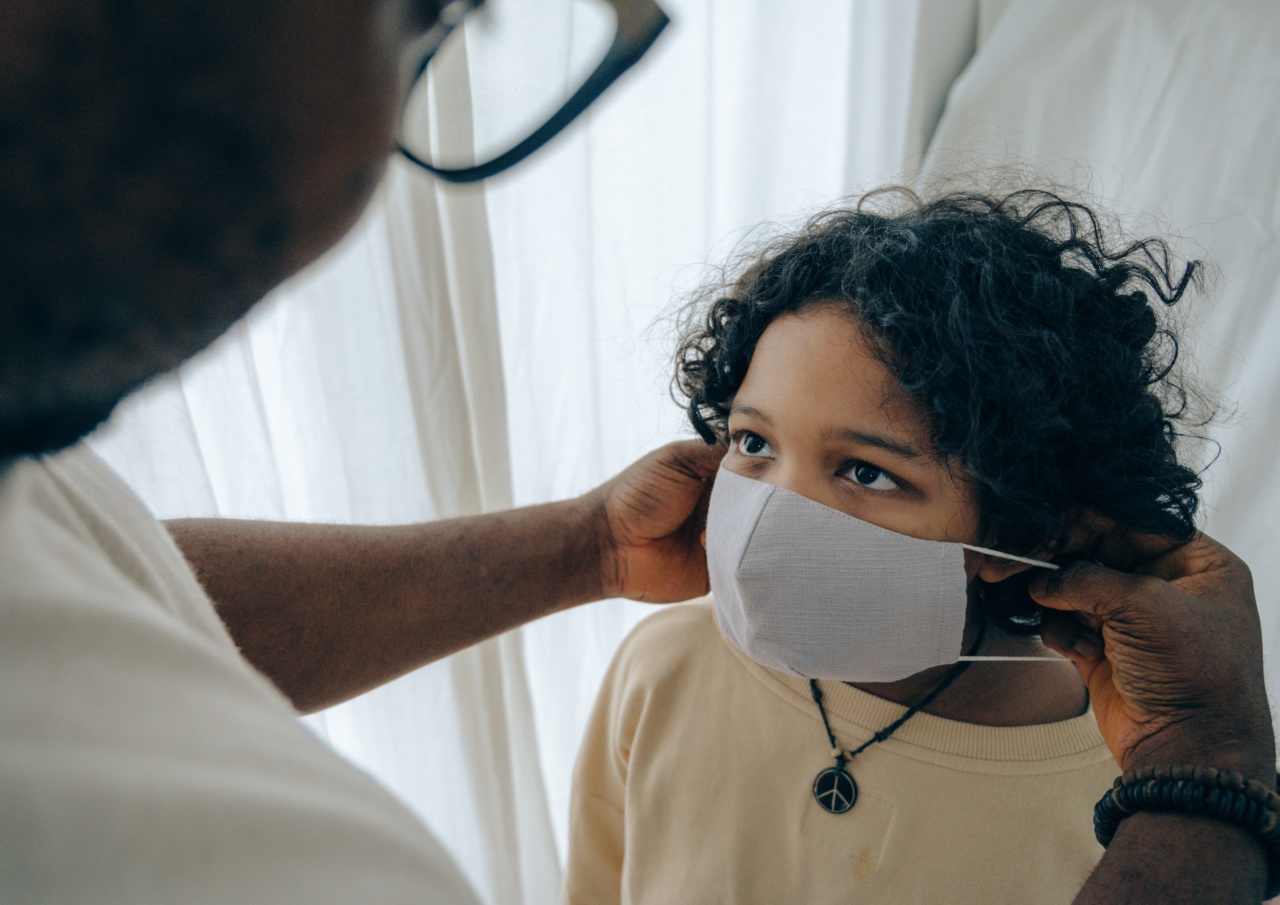Celiac disease is an autoimmune disorder that affects digestion. Children with this disease cannot tolerate gluten, which is a protein found in wheat, barley, and rye. Gluten causes the immune system to attack the lining of the small intestine.
Over time, this leads to damage to the villi, which are tiny finger-like projections that help absorb nutrients in the small intestine.
What are the symptoms of celiac disease in children?
The symptoms of celiac disease in children can vary from child to child and may include:.
- Abdominal pain and bloating
- Diarrhea or constipation
- Nausea and vomiting
- Lack of appetite and weight loss
- Anemia (low red blood cell count)
- Fatigue and irritability
- Skin rash or itchy skin (dermatitis herpetiformis)
- Joint pain
- Delayed growth and puberty
- Tooth enamel defects
How is celiac disease diagnosed?
If celiac disease is suspected, the child’s doctor may conduct one or more tests to confirm the diagnosis. These tests may include:.
- Blood tests to measure antibodies that are commonly found in people with celiac disease
- A biopsy of the small intestine to look for damage to the villi
What is the treatment for celiac disease?
The only treatment for celiac disease is a strict gluten-free diet. This means avoiding all foods and drinks that contain gluten.
This can be challenging for children and their families, as gluten is found in many common foods, such as bread, pasta, cereal, and baked goods. In addition to avoiding gluten, children with celiac disease may need to take vitamin and mineral supplements to make up for any nutrient deficiencies.
What are the long-term effects of celiac disease?
If left untreated, celiac disease can lead to a number of long-term health problems, including:.
- Osteoporosis (weak bones)
- Iron-deficiency anemia
- Infertility
- Liver disease
- Cancer (in rare cases)
How can parents help their children manage celiac disease?
Parents can help their children manage celiac disease by:.
- Learning which foods and drinks contain gluten and helping their children avoid them
- Packing safe, gluten-free snacks when traveling or going to social events
- Working with their child’s school or daycare to ensure that gluten-free options are available
- Encouraging their child to talk to friends and family members about their dietary needs
- Staying informed about the latest research and treatment options for celiac disease
Conclusion
Celiac disease is a serious autoimmune disorder that can have long-term health consequences if left untreated. However, with a strict gluten-free diet and proper medical care, children with celiac disease can lead healthy and active lives.
Parents can play an important role in helping their children manage the challenges of a gluten-free diet and stay on track with their treatment plan.































